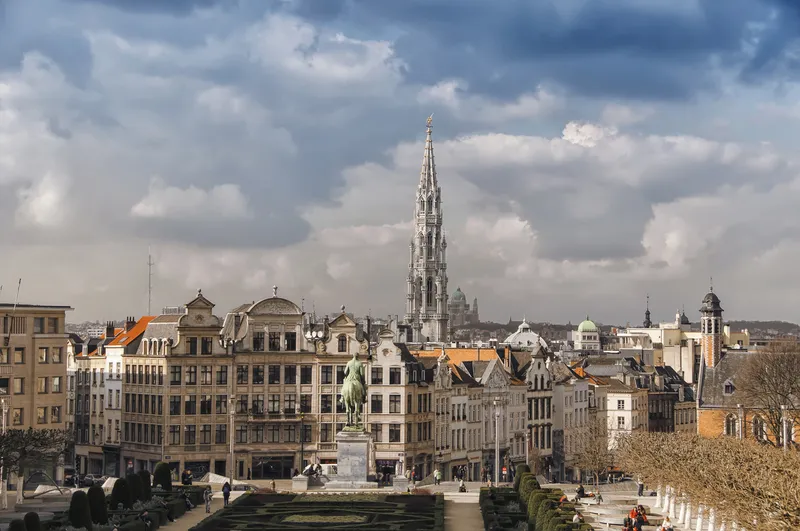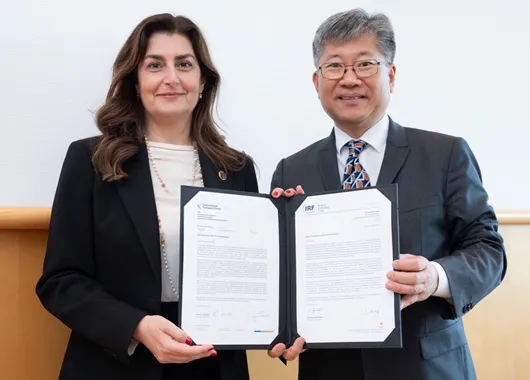
Bloomberg Philanthropies has formed a partnership which will implement a range of projects which seek to reduce air pollution in the Belgium capital Brussels.
Founder Michael R. Bloomberg says: “Our new partnership with the Brussels Capital Region Government and Brussels Environment will take on this pressing challenge. Together, we’ll bring together government, universities, non-profits, and citizen groups to strengthen air quality monitoring and support research, and keep building a healthier, more sustainable future.”
The Brussels Clean Air Partnership will advance the deployment of technologies to monitor air pollution, filling in data gaps on ground-level local pollution data.
The partners will support an initiative in which the International Council on Clean Transportation will measure vehicle emissions to identify the vehicles that contribute to the greatest air pollution.
Additionally, they will help an agreement between citizen groups Les Chercheurs d’Air and Bral which will mobilise residents and schools to monitor air pollution over time by taking air quality measurements in school playgrounds.
This data will create a map of air pollution exposure and identify air pollution hotspots.
According to Bloomberg, data collected from the projects will be made available to the public and will inform policies implemented by the Brussels government to combat air pollution in the region.
These practices will ramp up sustainable mobility practices and commit to the gradual phase out of diesel vehicles by 2030 and of petrol and liquefied petroleum gas by 2035, Bloomberg adds.








